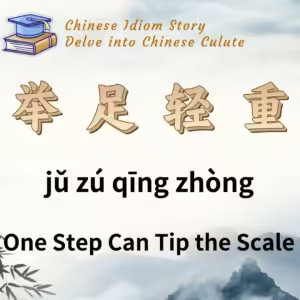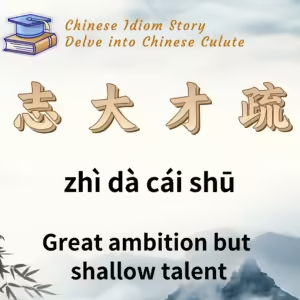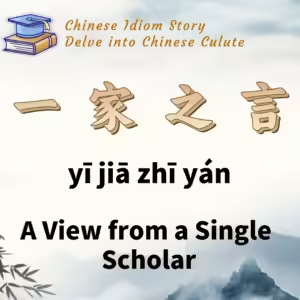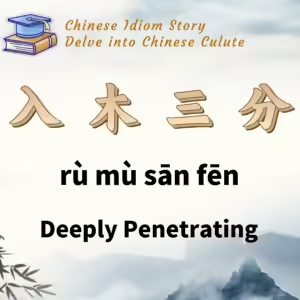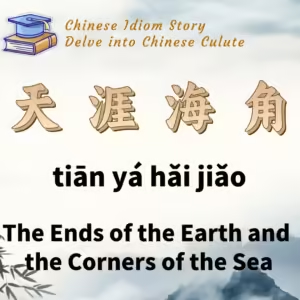
Chinese Idiom: 博而不精 (Bo Er Bu Jing)
English Translation: Broad but not profound
pīn yīn: bó ér bù jīng
Idiom Meaning: This phrase describes someone who possesses extensive knowledge but lacks depth in understanding.
Historical Source: This idiom comes from The Book of the Later Han (后汉书), specifically in the biography of Ma Rong.
Idiom Story:
During the Eastern Han Dynasty, the scholar Zheng Xing was renowned for his studies of Zuo’s Spring and Autumn Annals (左氏春秋). His son, Zheng Zhong, began learning this classic under his father’s guidance at the tender age of twelve. As he grew older, Zheng Zhong also studied other significant texts such as the I Ching (周易), Book of Songs (毛诗), and Rites of Zhou (周礼), amassing a vast wealth of knowledge and gaining a reputation in elite circles.
After Zheng Zhong took up an official position, he dedicated his spare time to teaching young students about the Book of Songs and Rites of Zhou, while also investing significant effort into annotating Zuo’s Spring and Autumn Annals. Eventually, he completed his annotations, and his work became highly regarded, earning him recognition alongside another scholar, Jia Kui, who had also annotated the same text.
At that time, the most prominent scholar, Ma Rong, had also composed annotations for important texts, including the I Ching, Book of Documents (尚书), Book of Songs, Three Rites (三礼), Analects (论语), and Classic of Filial Piety (孝经). His efforts brought ancient literature to maturity, and he had a considerable number of disciples.
After studying Zuo’s Spring and Autumn Annals, Ma Rong planned to annotate the work himself. Upon carefully reviewing the annotations by Jia Kui and Zheng Zhong, he remarked, “Jia Kui’s annotations are profound but not broad, while Zheng Zhong’s are broad but not profound. If I can achieve both depth and breadth, how could I ever surpass them?” Ma Rong recognized that each scholar had their strengths, and together, they compensated for one another’s weaknesses. Therefore, he decided not to create his own annotations for Zuo’s Spring and Autumn Annals.

